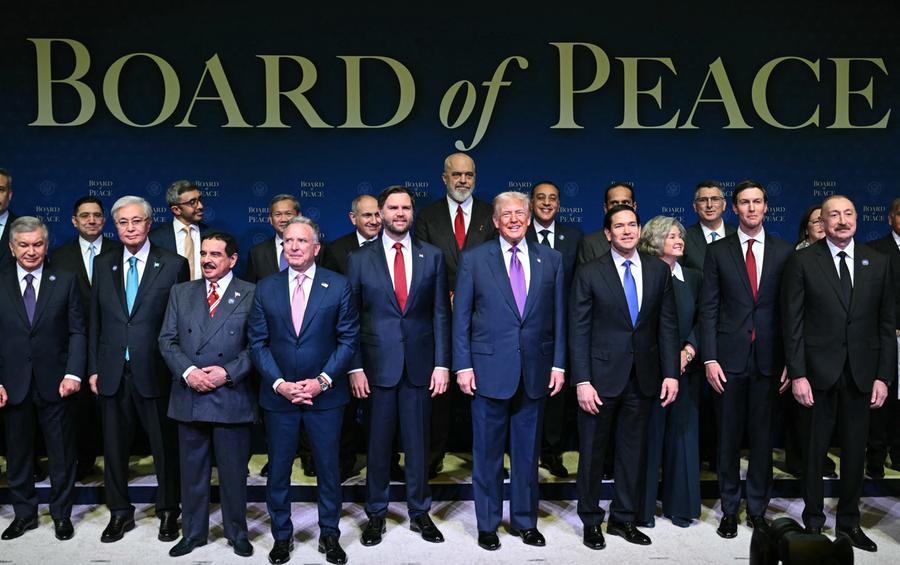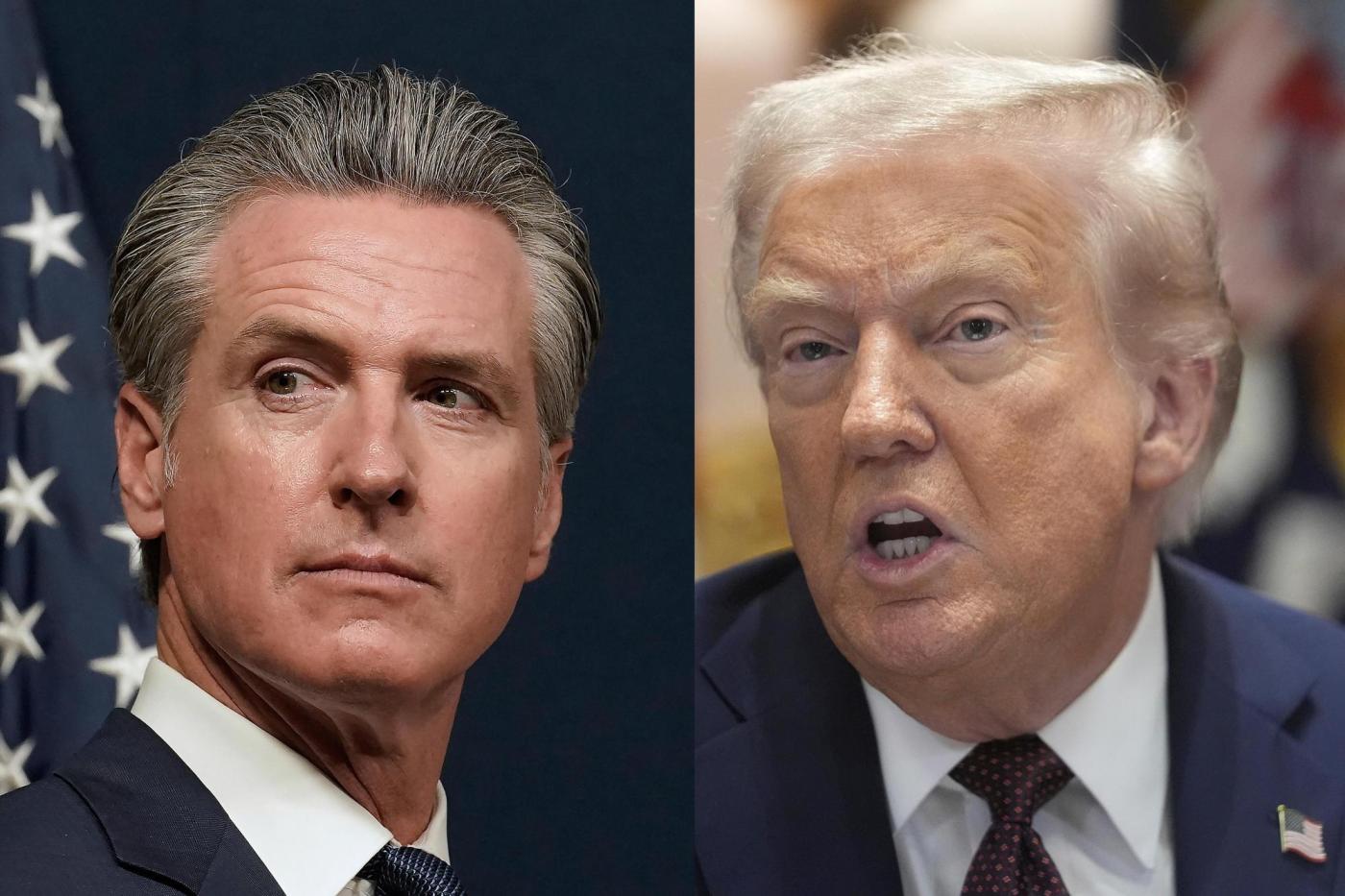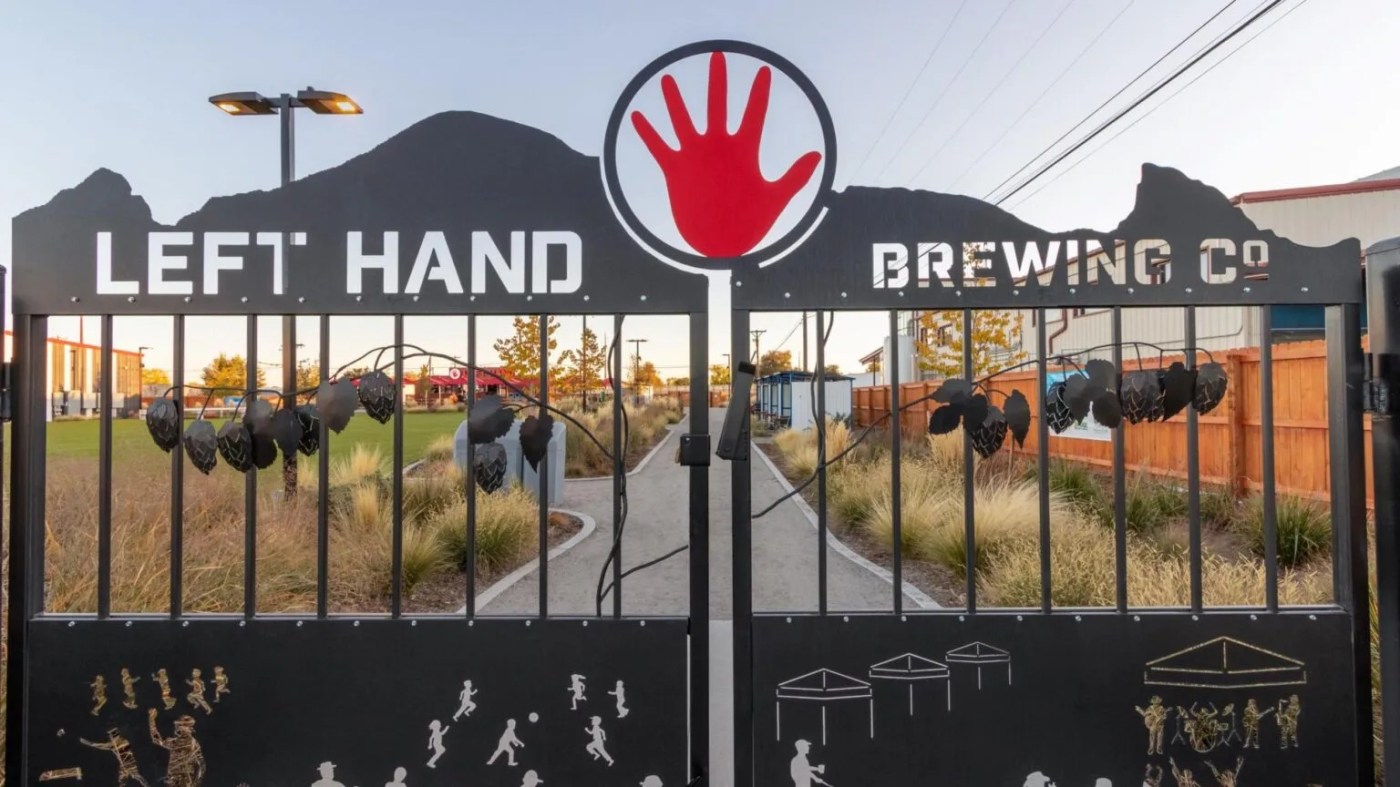
Public radio listeners often find comfort in familiar voices during their morning routines. Among these voices is A Martínez, co-host of NPR’s Morning Edition and the Up First podcast. Recently, Martínez participated in a live interview at The Lodge at Torrey Pines in La Jolla, California, where he shared insights into his unique journey through public media.
Martínez’s career began in sports journalism, where he worked with ESPN covering teams such as the Los Angeles Dodgers and the Los Angeles Lakers. He recounted how his passion for sports storytelling shaped his perspective, stating, “Sports is more than just the game itself; it’s what families share.” His entry into public radio came in 2012 when KPCC sought a Latino radio host, which led him to discover the wider world of public media.
Immigration Lawyers Turn to Habeas Corpus Petitions
Following Martínez’s reflection, the conversation shifted to pressing legal issues impacting immigrants. As the campaign for mass deportations continues, immigration lawyers across the United States are increasingly filing habeas corpus petitions to challenge the constitutionality of detaining their clients. Gustavo Solis, an investigative border reporter for KPBS, highlighted the surge in these petitions, which have reached historic rates.
Solis explained that habeas corpus petitions serve as a critical legal tool, allowing attorneys to contest unlawful detention practices by the government. These petitions are not commonly utilized in immigration cases but are now being employed as a last resort due to restrictive policies affecting the immigration court system. Solis noted that since the implementation of these strategies, attorneys have experienced a marked increase in case volumes, with some filing as many as three petitions per week.
Retired immigration judge Dana Marks expressed her concern over the current state of immigration law, stating, “It breaks my heart… that the law is being trampled and ignored.” The growing reliance on habeas corpus petitions reflects a broader trend in which immigration lawyers are forced to adapt to changes in the legal landscape, navigating complex federal court systems to advocate for their clients’ rights.
San Diego County Faces Financial Strain from Proposition 36
The conversation concluded with a discussion on the financial impact of Proposition 36 on San Diego County. Passed in 2024, the measure increased penalties for certain theft and drug crimes, leading to a significant rise in the county’s jail population. Currently, approximately 540 individuals in county jails are held on charges related to this initiative, accounting for 13% of the total jail population.
As the county grapples with the financial implications of these reforms, there is a projected budget shortfall of up to $300 million due to federal cuts. Various county departments, including the sheriff’s office, public defenders, and probation departments, are absorbing the additional costs associated with increased case loads and demands on resources. The sheriff’s office alone has reported costs exceeding $32 million linked to the implementation of Proposition 36.
Despite the initial increase in jail populations, some advocates argue that the long-term benefits of Proposition 36 could lead to reduced recidivism and lower overall costs if more individuals gain access to treatment programs. However, skepticism remains, particularly among those who believe that the initiative disproportionately impacts communities of color.
As San Diego County navigates these challenges, local officials are advocating for additional state funding to support the implementation of Proposition 36. The impact of these developments continues to unfold, highlighting the ongoing complexities of public policy and its far-reaching consequences on communities.
In summary, the discussions led by A Martínez and the insights from legal experts underscore the evolving landscape of public media and law in the United States. These narratives reflect broader societal issues that resonate with audiences across the nation, emphasizing the importance of informed public discourse.





